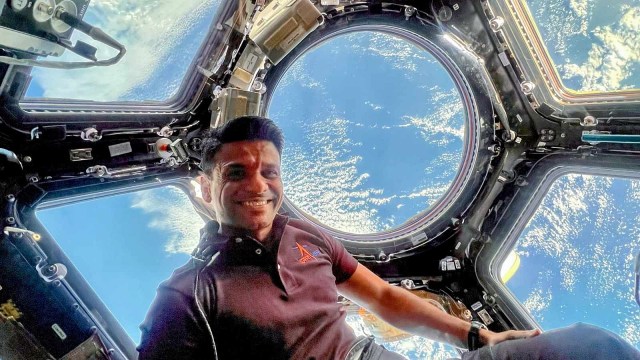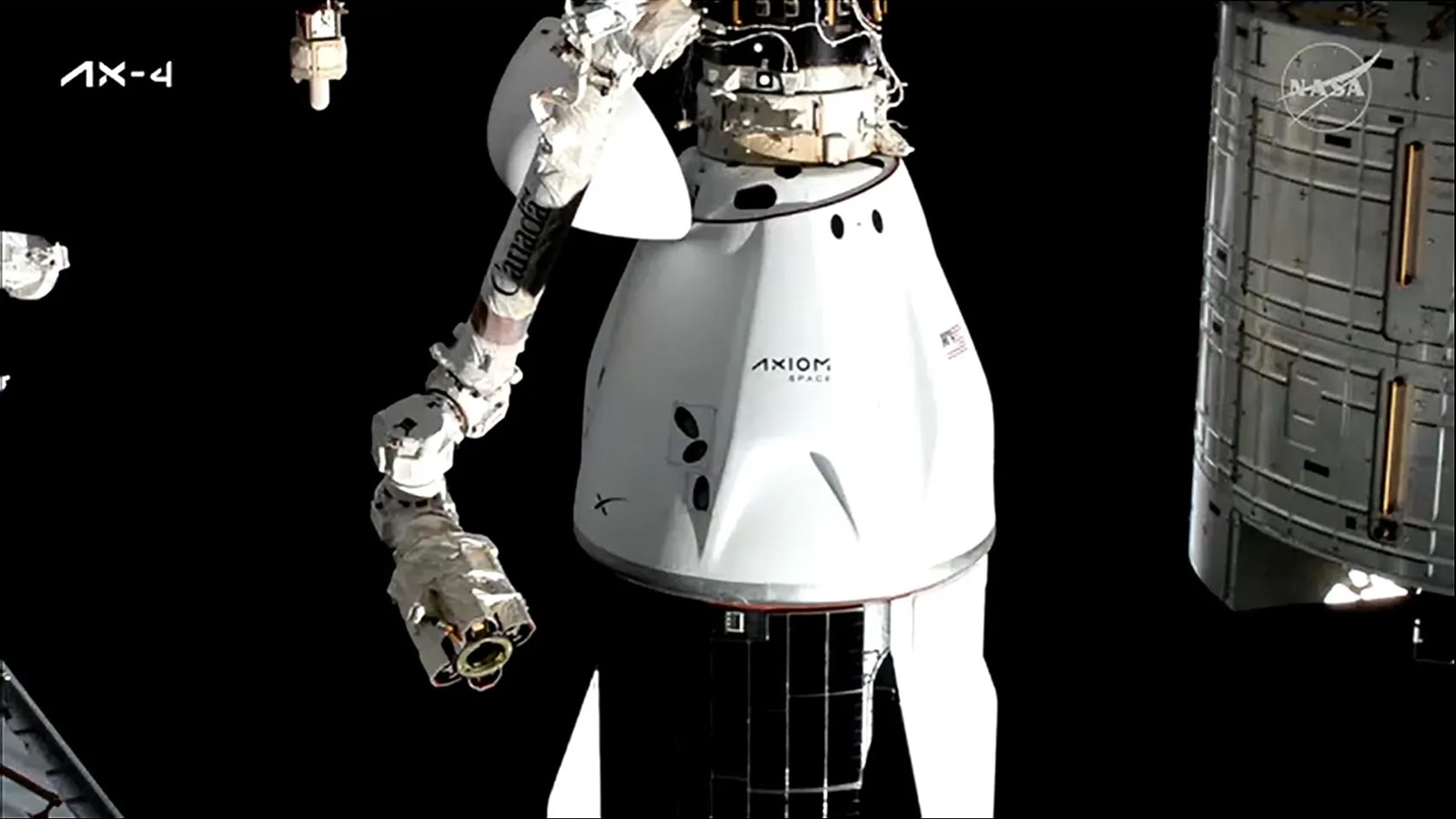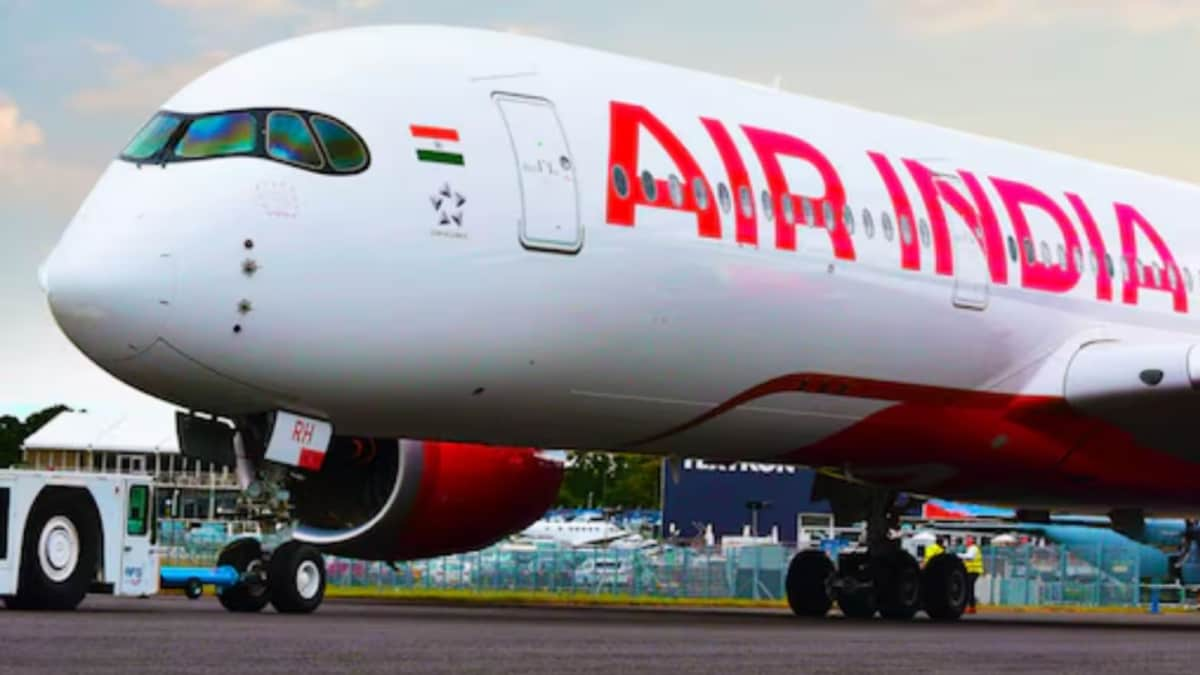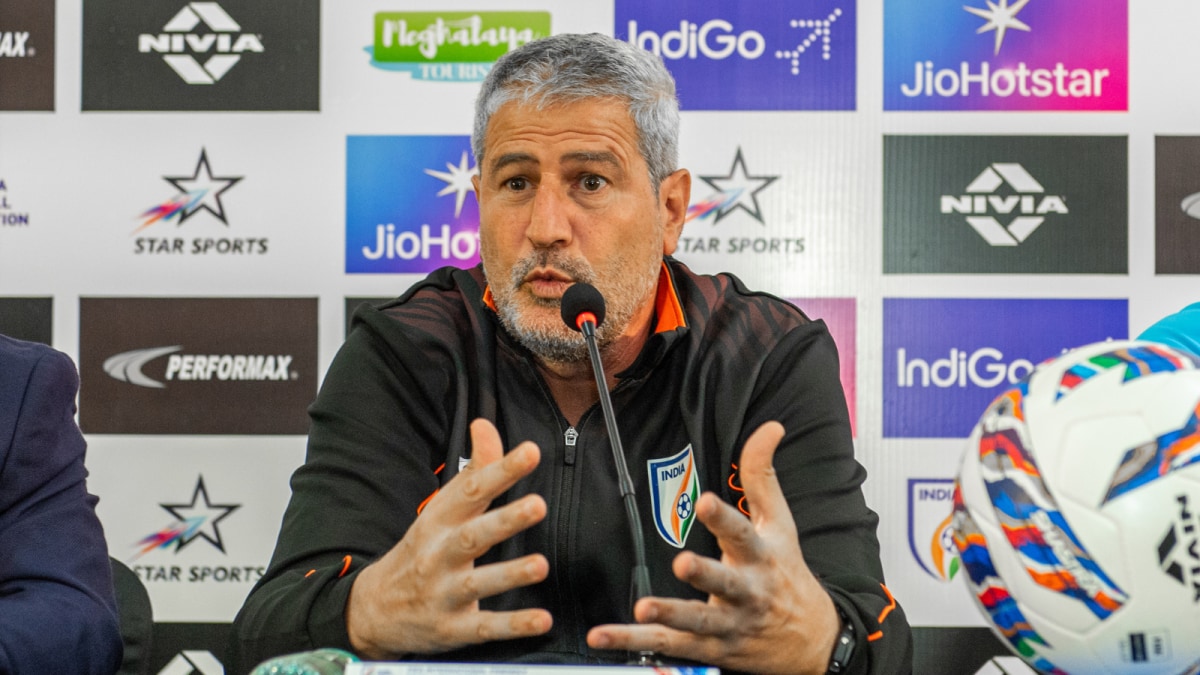ARTICLE AD BOX
 Shubhanshu Shukla enjoys a panoramic view of Earth from the 7 windowed Cupola Module of International Space Station. (Photo: X/@ISROSpaceflight)
Shubhanshu Shukla enjoys a panoramic view of Earth from the 7 windowed Cupola Module of International Space Station. (Photo: X/@ISROSpaceflight)
After spending 18 days on the International Space Station (ISS), during which he went around the Earth 288 times, Indian astronaut Shubhanshu Shukla and his colleagues on the Axiom-4 mission began their 22-hour return journey to Earth on Monday afternoon.
Their spacecraft, named ‘Grace’, which undocked from the ISS at 4.45 pm India time on Monday, is scheduled to make a splashdown in the Pacific Ocean, off the coast of California in the United States, around 3 pm on Tuesday. From the sea, the space capsule would be lifted by a crane on to a boat specially designed for this purpose. The astronauts would then come out and be airlifted to the shore.
That will bring an end to the Axiom-4 mission that marked the return of three countries — India, Poland and Hungary — to human spaceflight after a gap of over four decades.
“Welcome back Shubhanshu! The entire nation eagerly awaits your arrival back home…as you begin your return journey,” said Science Minister Jitendra Singh after the spacecraft began the return journey.
After spending 433 hours at the ISS, the astronauts moved into their docked spacecraft around 2 pm India time. The preparations for the return journey took over two hours. The automatic undocking procedure that started at around 4:45 pm involved the spacecraft detaching the umbilical that connected it to the command, telemetry and power of the ISS. The spacecraft then released 12 hard capture hooks in two phases, which took around four minutes in total. After that, it moved away from the ISS using a series of engine burns.

 Shukla’s spacecraft just before undocking. (Image: NASA)
Shukla’s spacecraft just before undocking. (Image: NASA)
Their journey back to Earth involves four thrusts by the on-board engines — a departure burn, a phasing burn to lower the orbit, another one to bring it to the required position for entering the Earth’s atmosphere, and then a de-orbit burn pushing the spacecraft into the Earth. After re-entry into the Earth’s atmosphere, the space capsule would be slowed down using parachutes to enable a controlled splashdown at the designated site in the Pacific Ocean.
After splashdown, Shukla and his crew mates will be removed from the spacecraft using a SpaceX recovery vehicle. On this recovery vehicle, they will undergo their first series of medical checks. The astronauts will then be flown to land on a helicopter, and then to Houston, Texas.
Story continues below this ad
While on-board the ISS, Shukla successfully completed all seven microgravity experiments sent by India. “Experiments on Indian strain of tardigrades, myogenesis, sprouting of methi & moong seeds, cyanobacteria, microalgae, crop seeds and Voyager display have been completed as planned,” the Indian Space Research Organisation said in a statement.
The Axiom-4 mission not only carried one of the largest number of scientific experiments — 60 experiments representing 31 countries — but it also represented the return of astronauts from three countries, India, Hungary and Poland, back in space after four decades. This is the reason the mission was themed “Realise the Return”.
Watch video:
In 1984, India’s Wing Commander Rakesh Sharma travelled to space on the then Soviet Union’s Soyuz T-11 spacecraft and spent about eight days in the Salyut 7.
Story continues below this ad
At the ISS farewell ceremony on Sunday, Shukla said: “41 years ago, an Indian came to space and he told us how India looks from up above. I think we all want to know how today’s India looks from space. I will tell you. Today’s India looks ambitious from space, today’s India looks fearless, today’s India looks confident, today’s India looks full of pride, and because of these reasons, I want to say again that today’s India still looks ‘saare jahan se acha’.”
Anonna Dutt is a Principal Correspondent who writes primarily on health at the Indian Express. She reports on myriad topics ranging from the growing burden of non-communicable diseases such as diabetes and hypertension to the problems with pervasive infectious conditions. She reported on the government’s management of the Covid-19 pandemic and closely followed the vaccination programme. Her stories have resulted in the city government investing in high-end tests for the poor and acknowledging errors in their official reports. Dutt also takes a keen interest in the country’s space programme and has written on key missions like Chandrayaan 2 and 3, Aditya L1, and Gaganyaan. She was among the first batch of eleven media fellows with RBM Partnership to End Malaria. She was also selected to participate in the short-term programme on early childhood reporting at Columbia University’s Dart Centre. Dutt has a Bachelor’s Degree from the Symbiosis Institute of Media and Communication, Pune and a PG Diploma from the Asian College of Journalism, Chennai. She started her reporting career with the Hindustan Times. When not at work, she tries to appease the Duolingo owl with her French skills and sometimes takes to the dance floor. ... Read More



.png)
.png)
.png)


























 English (US) ·
English (US) ·